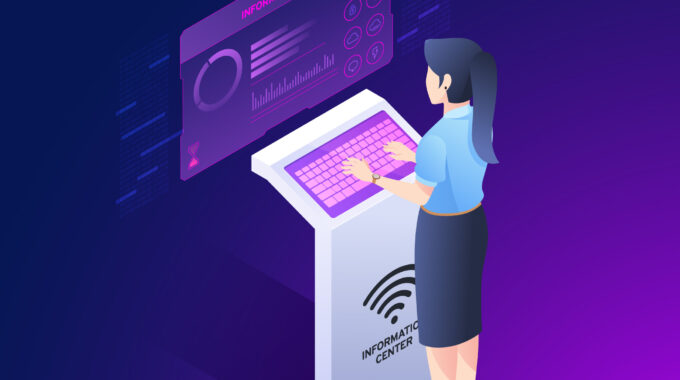Introduction: As cannabis legalization spreads around the world, the industry is rapidly expanding, attracting entrepreneurs,…

Understanding the legal aspects of franchisee technology in the software industry.
Introduction
Software technology makes a significant contribution to the modern economy, and its success rests on a franchise relationship between the software companies, their customers, and their technology vendors. The goal of this article is to provide a comprehensive overview of how to navigate the complex legal aspects of a franchisee technology relationship in the software industry, with a particular focus on customer, vendor, and company rights.
Understanding Franchisee Technology
Franchisee technology is a defined partnership between a software customer, software vendor and software company. In this relationship, a customer typically pays (or commits to pay) a fee to the software company in exchange for a license to certain software products provided by the vendor. The software vendor’s license may require that all customers also enter into a contract with the software company for additional services, such as maintenance and support. The customer is then able to use the software products and services that it has purchased.
The software company serves as the “franchisee” – it owns the license to distribute, sell and support the vendor’s software products and services and is responsible for issuing licenses to its customers. The customer, in turn, is the “franchisee customer” – they purchase the licenses from the software company and agree to the software company’s terms of service. The vendor is the “franchisee vendor” – they provide the software products and services to the software company, who then distributes them to the customer.
Vendors and software companies act as part of a larger franchisee technology ecosystem that includes other vendors, customers, and partners who provide a variety of services, technologies, and resources to customers and software companies. The vendor offers a wide range of services, technology, and resources that support this ecosystem.
The Franchisee Agreement
To formalize the franchisee relationship, a franchisee agreement is executed between the customer, software company, and the vendor. The licence terms and conditions, the available goods and services, and any customer service specifications are among the important components of the agreement. The agreement is typically a legally binding contract that outlines the rights, responsibilities, and obligations of each party.
The agreement also specifies the financial conditions of the relationship, such as the price that the client will pay, the fees that the vendor will get, and any procedures for refunds. Financial considerations include the cost of licensing, implementation, and any additional services required by the customer. The agreement may also require that the software company and vendor separately enter into a parallel agreement for any additional services, such as maintenance and support.
The Legal Implications
The franchisee relationship carries significant legal implications for all parties involved, particularly when it comes to intellectual property and customer data. Intellectual property includes any patented, copyright, trademark, or trade secret associated with the software products or services provided. The franchisee agreement should contain clauses that expressly define the licensee’s rights to use the software products or services and provisions that clearly specify how the licensee may use those products or services in order to prevent misuse or illegal use of the vendor’s intellectual property.
The franchisee agreement should also include specific provisions that address customer data protection and security, such as the type of customer data that will be stored within the software company’s systems, how it will be protected, and the applicable compliance and data security requirements. It is also important to ensure that any data breaches must be reported to the appropriate regulatory bodies in a timely manner.
Additional Considerations
In addition to intellectual property and customer data protection, franchisee agreements should also address continuity of services and software compatibility. The agreement should require the software company and vendor to maintain the necessary software and infrastructure to ensure that the customer can continue to use their purchased license without interruption. The agreement should also require cross-compatibility between the software company’s products, the vendor’s products, and the customer’s systems.
Conclusion
Franchisee technology is becoming more and more significant in the software sector, and all parties to the agreement should be fully aware of any related legal issues. This article has provided an overview of the legal aspects of franchisee technology, focusing on customer, vendor, and company rights. It has discussed the importance of the franchisee agreement, intellectual property and customer data protection, continuity of services, and software compatibility. To ensure a successful franchisee relationship, it is important for all parties to understand the legal implications of such an arrangement and to establish clear and enforceable agreements.
About Apoorva:
Apoorva is a technology services company that assists software products with ideation, developing prototypes, programming, creating a digital marketing presence and accelerating sales through direct contact. Over 150 for-profit and non-profit organizations, such as Xcel Energy, PeopleCare Health Services, Frontier Airlines and Centers for Spiritual Living have trusted Apoorva to build software.
Apoorva was founded in 2001, has more than 50 employees, and uses proprietary and proven methodologies to bring technology products to the market. Contact us / Visit apoorva.com for more information.




